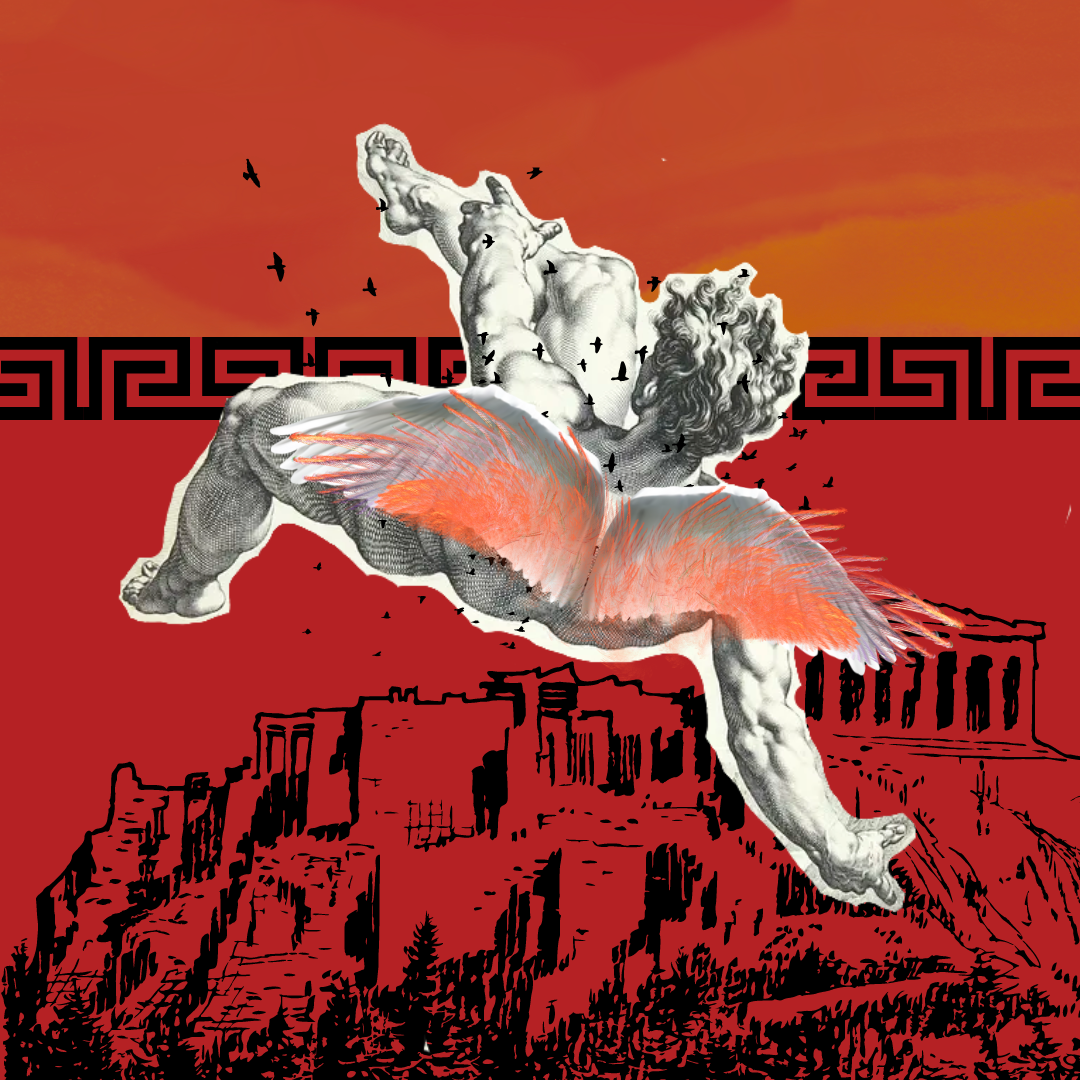The Art Gallery of Ontario (AGO) hosted poets Britta Badour, Aaron Boothby and Eva H.D. to read from their new anthologies
By: Harrison Clarke
McClelland & Stewart authors Britta Badour, Aaron Boothby and Eva H.D. (Courtesy: M&S, CBC)
Poetry lovers gathered with three talented writers for an evening of creative inspiration, laughter and genuine connection through a shared appreciation for poetic artistry.
In an event held by publisher McClelland & Stewart, a large crowd gathered in the Art Gallery of Ontario’s (AGO) Walker Court to hear readings from Britta Badour’s Wires That Sputter, Aaron Boothby’s Continent and Eva H.D.’s The Natural Hustle.
With introductions from award-winning Canadian poet and author Anne Michaels, the night started with readings from the Brooklyn based poet H.D.
H.D. read poems Belugas, Bonedog and Magic Hour, Manhattan, August from her new book The Natural Hustle. (Harrison Clarke/CanCulture)
Many of her poems explore the deeper complexities of day-to-day life and the beauty in familiar moments that people often overlook. H.D.'s poem, Bonedog, featured in the film I’m Thinking of Ending Things, describes the pain of living a repetitive lifestyle, particularly the ritual of coming home.
“When poetry happens, we encounter our intricate selves,” said guest speaker and award-winning poet Canisia Lubrin while touching on H.D.’s work. “[We take] nothing for granted, not even the terrible things from which poetry challenges, comforts and sustains us.”
Boothby is a Californian poet based out of Montreal who has been published in carte blanche and PRISM. His poetry makes the effort to confront the consequences of colonialism and the violence communities of colour still face.
His poem, Bleach Mythology, describes images of natural landscapes torn by industrial development and languages protected by elders.
Boothby traces his journey as a poet starting out in Riverside, California to Montreal, Canada. (Harrison Clarke/CanCulture)
With Continent, Boothby continues the experimental structure he demonstrated in his chapbooks Reperspirations, Exhalations, Wrapt Inflections (2016) and Wave Fields (2020). The poems often have wide spaces between words.
“The poems of Continent seek answers in the silence of history,” said Michaels. “The broken lines in the poems search and search again, the spaces within them ask us to save room in our hearts.”
Badour concluded the night by rallying the audience to snap their fingers for her fellow poets and themselves. Her poetry, which works with themes of empowerment and community for people of colour, earned her the Toronto Arts Foundation’s Emerging Artist of the Year award in 2021.
One of Badour’s poems, Bit, eloquently reflects these themes by describing the challenge of keeping passion alive through adversity and the self-love needed to fulfil our ambition.
The triumphant tone of Bit saw Badour describing the act of personal growth as giving her “voice the wingspan of a year” to grow stronger and "making language [her] blood," a metaphor for committing to her writing talents.
‘Yeahs’ and ‘that’s rights’ poured out of the crowd as Badour took the stage, demonstrating her popularity and influence in the Toronto poetry scene.
“I met [Badour] back in 2017. I was a fan of her work and approached her to say ‘you are that girl,’” said Keosha Love, poet and founder of community organizing not-for-profit Our Women’s Voices. “I was more of a youngin’ in the poetry and writing scene and she kind of took me under her wing; I support her work always.”
Another listener and poet, Blossom Paige, saw Badour at a poetry event hosted by Love at Toronto’s Soho House.
“Being a Black woman and hearing her experience, I really connected with that,” said Paige. “Hearing it put down in poetry and to have everyone hum and snap to what the poets are saying connects us in the room. It’s a special gift.”
Badour passionately reads her poems ‘This Tongue’ and ‘Bit’. (Harrison Clarke/CanCulture)
McClelland and Stewart’s future projects will see the reissue of Souvankham Thammavongsa’s first three books, a new poetic memoir from Lorna Crozier and an anthology from Joy Kogawa coming November 2023.







![A red typewriter with a piece of paper that says “rewrite… edit… rewrite… edit… rewrite” reiterating a writer’s process]](https://images.squarespace-cdn.com/content/v1/5a5780226f4ca3aa2a6c9298/423bc4e2-bec4-426d-ae09-80a957d7e6e3/image1.jpg)









